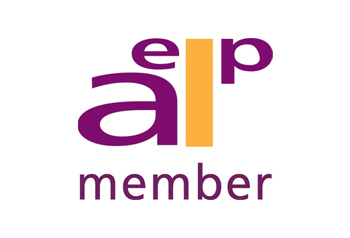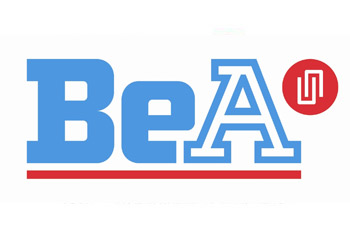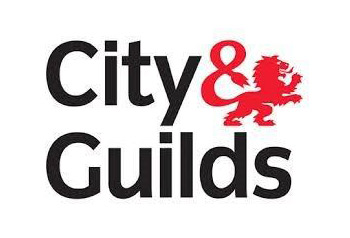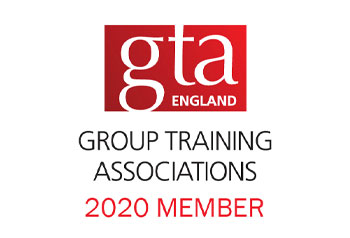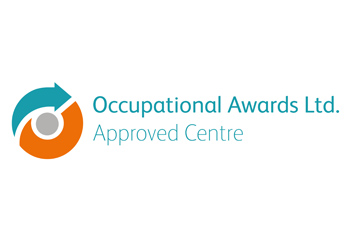Parent Guide to Apprenticeships
Did you know that under the Raising of the Participation Age, all young people now have to remain in some form of learning until they reach the age of 18 or achieve a level 3? One of the options available to young people at 16 is an Apprenticeship. An Apprenticeship is a viable alternative to entering further or higher education by combining practical training in a real job with study.
There are three levels of apprenticeships; Intermediate at level 2, equivalent to achieving 5 good GCSE grades A*-C or 4 and above on the new grading system ; Advanced level 3, equivalent to A Levels; and Higher level 4/5 equivalent to a Foundation Degree.
If your son or daughter is interested in starting work and they are keen to learn new skills and gain qualifications, then an apprenticeship could be the right option for them.
Advantages of an Apprenticeship
There are lots of benefits to doing an apprenticeship. As an apprentice your son or daughter will:
- earn a wage
- get paid holidays
- be paid while attending college
- work alongside experienced staff
- gain job specific skills
- study toward a related qualification
- potentially progress to degree level
Apprenticeships are valuable for young people because:
- They provide access to real-world practical learning with up-to-date methods and technologies. For some jobs, for example in upholstery, real-world practical learning to exacting standards is the only way to learn the necessary skills.
- They combine practical (on the job) learning with formal and theoretical learning. This usually requires the young person to attend day release or block release at college. This dual nature of apprenticeships means young people are able to gain a more expert grasp of their field. In addition, general education can be incorporated into apprenticeships so that gaps in literacy and numeracy skills can be filled.
- They build character and employability skills. As well as providing valuable practical learning opportunities, the introduction to the practices and expectations of a profession or trade builds skills like learning to get on with others, working in a team, motivating oneself, using initiative and developing self-understanding. This fact is borne out by evidence that there is a wage premium for young people who undertake apprenticeships even if they leave the occupation for which they trained. In other words, apprenticeships build the employability skills that constitute the modern ‘transferable skills’ that employers repeatedly state are lacking in young people.
Pay Rates:
Apprentices must be paid a minimum of £4.81 per hour (from April 2022) and will receive this for the time they spend working, plus the time spent training so that’s anywhere from £168.35 a week depending on the hours worked.
Many apprentices earn significantly more, with the average Apprenticeship wage standing at £200* per week. For Apprentices aged 19 or over and past their first year they get the rate that applies to their age.
Having said that, it is important to understand that there are big variations in the actual salaries paid depending on the industry sector, the geographical region and the skill level of the apprenticeship concerned.
* Apprenticeship Pay Survey 2011
What could an Apprenticeship lead to?
At the end of an Apprenticeship nearly all of Webs Apprentices are kept on by their employer as they have invested a great deal in their training.
Apprenticeships can be demanding but they are also very rewarding. They train young people in the skills employers want and open up opportunities for future progression. It is possible to move on to the next level of Apprenticeship and those who have completed an Advanced or Higher level Apprenticeship could move on to Higher Education and study for a Foundation Degree, an HND or other higher level qualification, including a normal degree.
What the research suggests:
Government assessments of the future earnings potential of apprenticeships suggest those who complete a Level 2 apprenticeship will earn between £48,000 and £74,000 more during their lifetime than people who don't have similar qualifications. And that those who have completed a Level 3 scheme (equivalent of A-levels) will earn between £77,000 and £117,000 more.
Stuart’s Story
Stuart Whitaker joined Webs in November 2011 as an Apprentice Wood Machinist having been successfully accepted at Lincoln based Calders and Grandidge; part of the International Timber Group. It was clear from the outset that Stuart had the motivation and drive to succeed in every task that he was set, he was racing through his qualification and producing work that amazed all the teaching staff.
In August 2013 Stuart progressed to an Advanced Apprenticeship in Supervision, producing a double wardrobe with drawers, considered to be one of the best pieces of work Webs staff have seen. In his day job, Stuart works with railway sleepers, the skills and techniques that Stuart learnt enabled him to transfer these skills to produce such an outstanding masterpiece. Along side his practical aspects of the course Stuart also worked towards Functional Skills in English and Maths.
During his time at Webs Stuart has grown in both skills and confidence and is a pleasure to teach. Stuart is a credit to himself and his family. Each year Webs hold an award ceremony and in 2015 Stuart attended with his Fiancé Katy and his Parents David and Maureen and he was recognized for all his achievements.
Stuarts father David said “I am so proud of him, everything he’s achieved, that brought tears to my eyes, I’m incredibly proud of my son”
Stuart said “ Wow what an eventful night! I never thought I would walk away with any awards. To win the wood machinist of the year, runner up in the advanced apprentice of the year and finally the biggest one to win overall apprentice of the year, I’m so happy with what I have achieved, from a lad who got chucked out of Woodwork at school to Apprentice of the year! The Staff at Webs have supported me fully both in my career and my personal life they go that one step further to make sure that you succeed and help you to be the best you possibly can be, its thanks to the team at Webs and the support from Calders and Grandidge that I am where I am today”.


